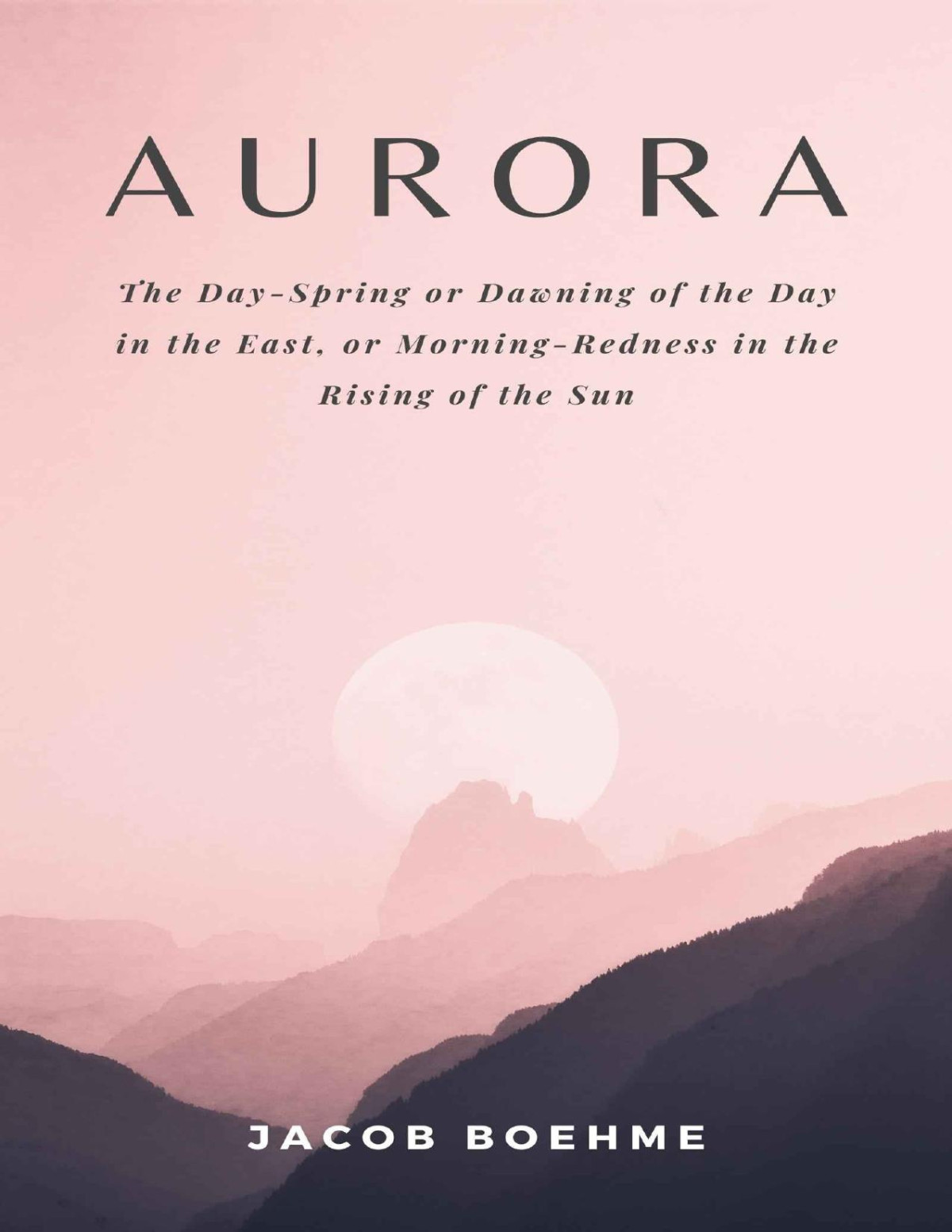

Most ebook files are in PDF format, so you can easily read them using various software such as Foxit Reader or directly on the Google Chrome browser.
Some ebook files are released by publishers in other formats such as .awz, .mobi, .epub, .fb2, etc. You may need to install specific software to read these formats on mobile/PC, such as Calibre.
Please read the tutorial at this link: https://ebookbell.com/faq
We offer FREE conversion to the popular formats you request; however, this may take some time. Therefore, right after payment, please email us, and we will try to provide the service as quickly as possible.
For some exceptional file formats or broken links (if any), please refrain from opening any disputes. Instead, email us first, and we will try to assist within a maximum of 6 hours.
EbookBell Team

5.0
60 reviewsJacob Boehme is such a fascinating character that it's impossible not to be fascinated by him. He was a Christian mystic in the seventeenth century who was persecuted for his views. Despite this, he had a significant impact on succeeding philosophers, artists and theologians.
Boehme began writing "Dawn of the Day in the East" or "Morgenröte am Aufgang" (his first work), twelve years after his vision in 1600. A friend gave the book the name Aurora, sometimes rendered as "The Day-spring" in English. Boehme had started writing the book for himself, but he never finished it. Karl von Ender, a nobleman, was given a manuscript copy of the incomplete book, and he had copies printed and began to disseminate them.
Aurora covers "the divine being in Nature, angels and demons' creation, the origin of the stars, the language of Nature, the water of Life, the secret of life and eternity, and humanity's deep, hidden, secret mystery" all leading inexorably to a rebirth and a New Dawn.
Boehme's art defies categorisation. He is unmistakably a Christian mystic, although his thoughts appear to be influenced by a variety of other mystical traditions, not all of which are theistic. Jacob's effect on German theosophy and (later) Romanticism was far-reaching and long-lasting. The source of Boehme's understanding of the mysteries of the cosmos was supposed to be divine illumination.